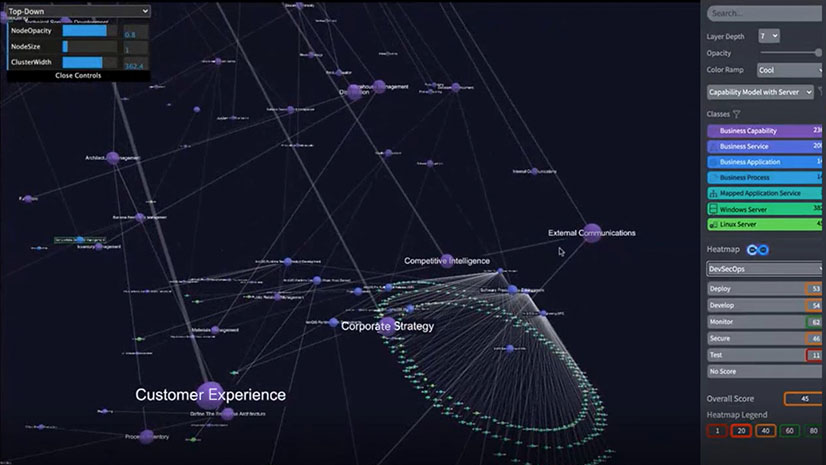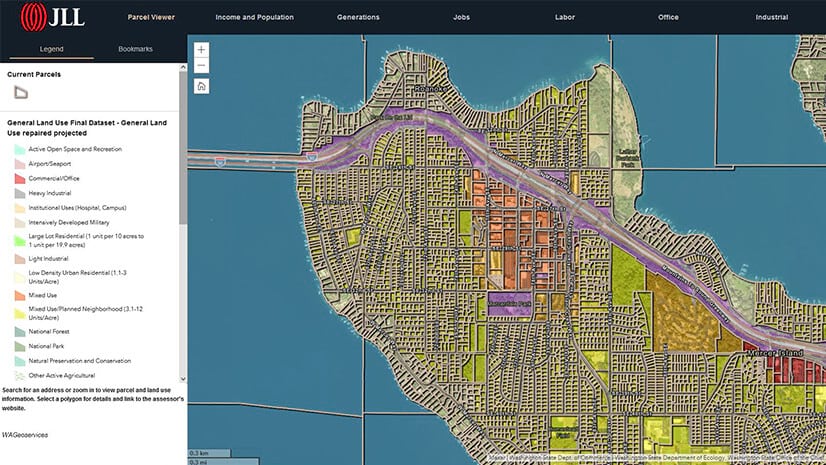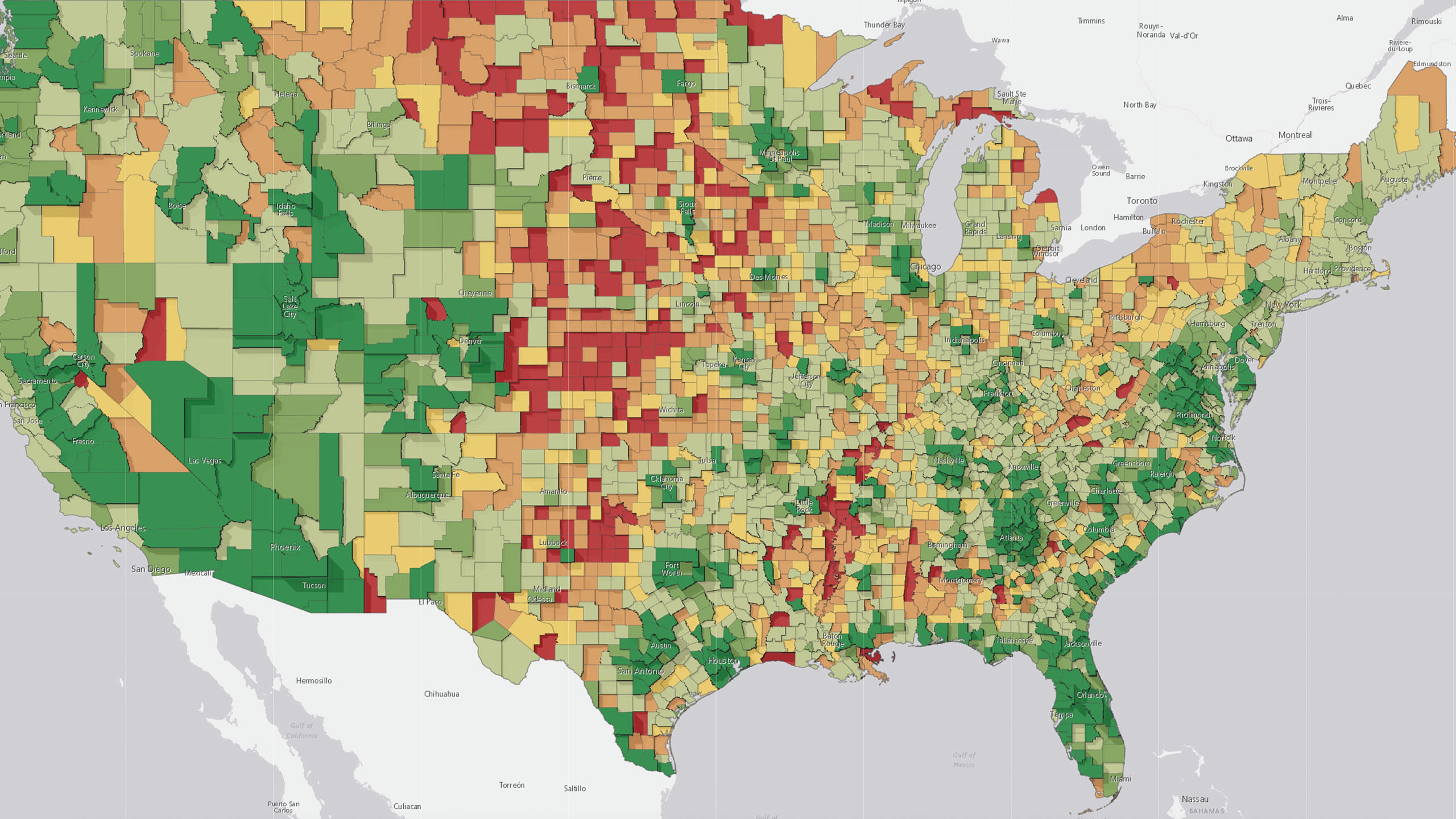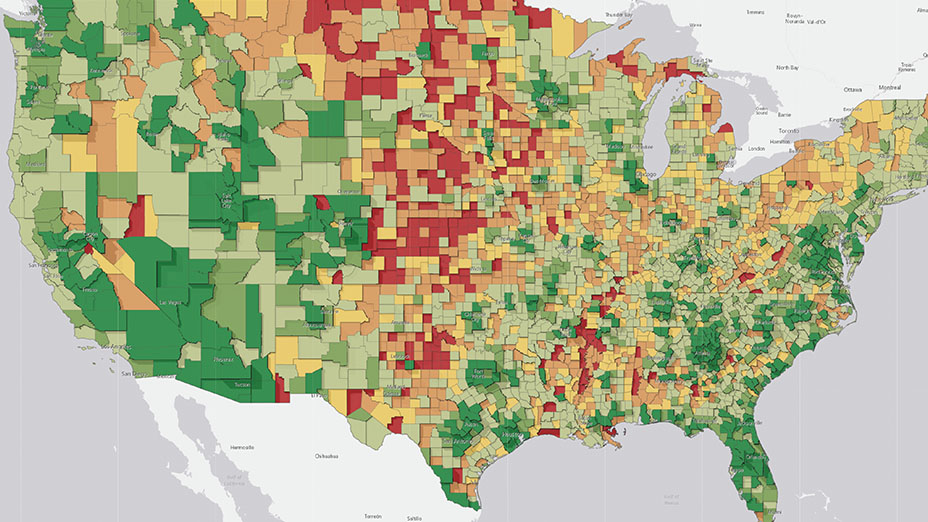The latest release of Apple’s mobile operating system, iOS11, will display a prominent blue status bar if an app is tracking the user’s location while running in the background.
The change comes as a growing number of companies are discovering the value of location data and mobile device users are growing savvier about tracking of this kind.
Given the size of Apple’s ecosystem—more than 700 million iOS users, at last count—the move to highlight location seems likely to have ramifications, especially for businesses and apps. It’ll be important for businesses to provide clear value to their customers in exchange for location data.
Finding Value
This isn’t the first time Apple has revealed an application’s use of location data, but this time, the company will take additional steps to alert mobile users. In a TechCrunch article, “iOS 11’s Blue Bar Will Shame Apps That Overzealously Access Your Location,” writer Sarah Perez describes Apple’s update and discusses the difference between apps that users expect will monitor their location, and those that access location information without a clear directive. Apple’s tweak, she says, will
. . . better highlight the trade-off between what the app offers you (e.g., nearby recommendations as with Foursquare, lost item tracking as with Tile, etc.) and the location data it needs. Users [will] . . . make their choices about apps accordingly, now armed with this information.
Perez notes that the developers of many apps sell the location data they collect—proving the adage that if a product is free to the user, the user is the true product.
Beyond shaming apps that aren’t behaving properly, [Apple’s] change could also prompt users [to] go into the iOS Settings to deny apps the ability to “Always” track location in favor of a more moderate setting, like “While in Use.”
While it’s unlikely most people will drop these apps because of Apple’s update, they may think more about their personal payoff. And companies will be compelled to demonstrate to users the benefits of location sharing.
Guiding and Understanding Movement
Leading retailers are already accessing customers’ locations in ways that are meant to balance privacy and tangible benefits to the customer. This short video outlines how a big-box retailer uses in-store location to guide shoppers through the aisles and create a more personalized experience.
Location data is also giving retailers a greater understanding of how their marketing impacts a target audience. Snap, maker of the popular Snapchat app, recently bought the marketing insight company Placed, which uses anonymized location data to analyze the effectiveness of online ad campaigns in steering consumers into brick-and-mortar stores.
Apple’s greater spotlight on location tracking could affect these and other digital connections that businesses—from retailers to dating services—have with mobile device users.
Few believe the iOS change—or similar changes that might be implemented in the Android OS—will end the practice of location sharing. But it will undoubtedly increase awareness, and that can only enhance the symbiotic relationship between mobile device users and the companies that offer them the shopping, banking, dating, navigation, and other digital services they demand.
Over time, the likely winners will be those companies that understand how to use location data to create a deeper connection with their customers.











